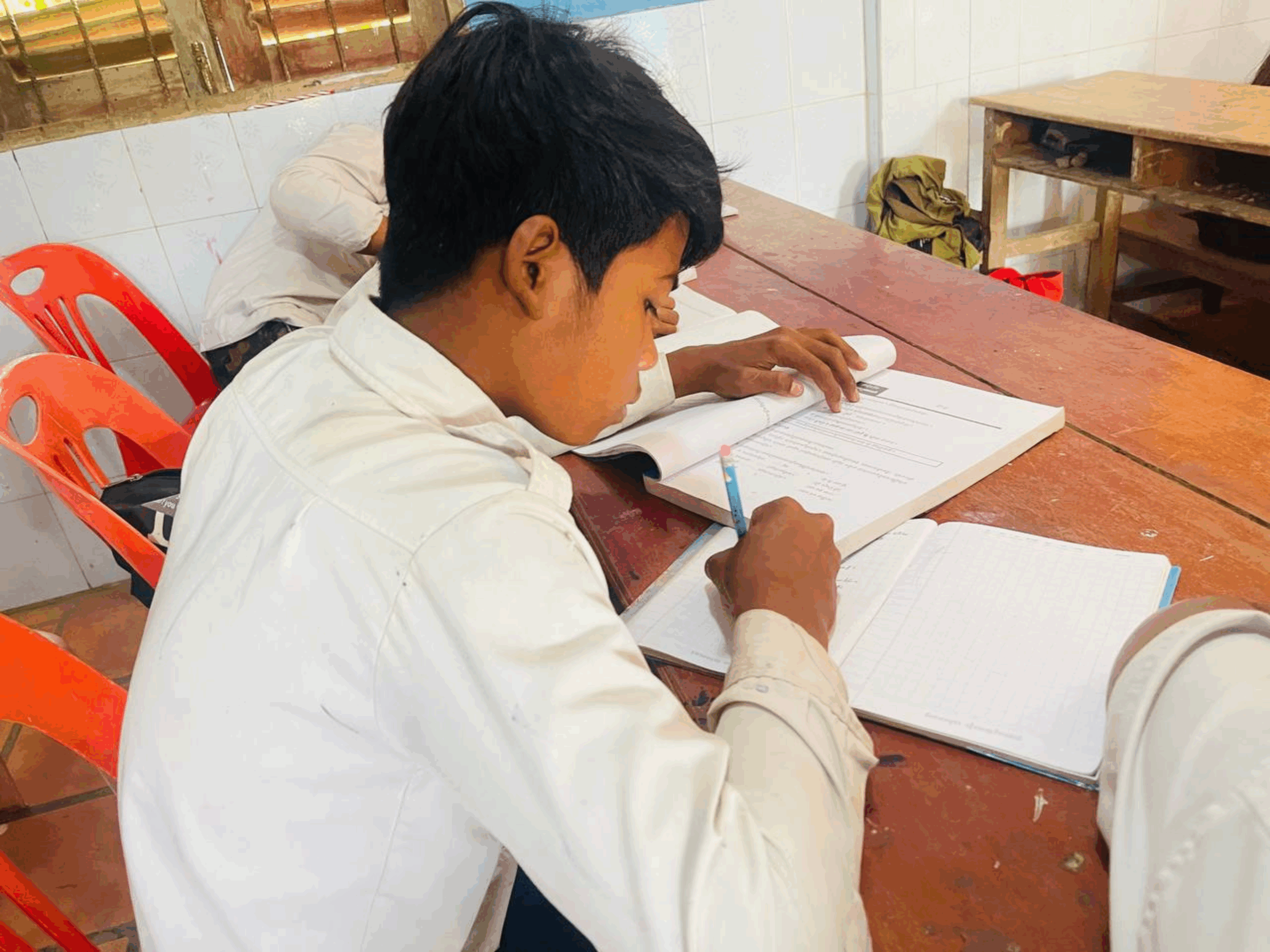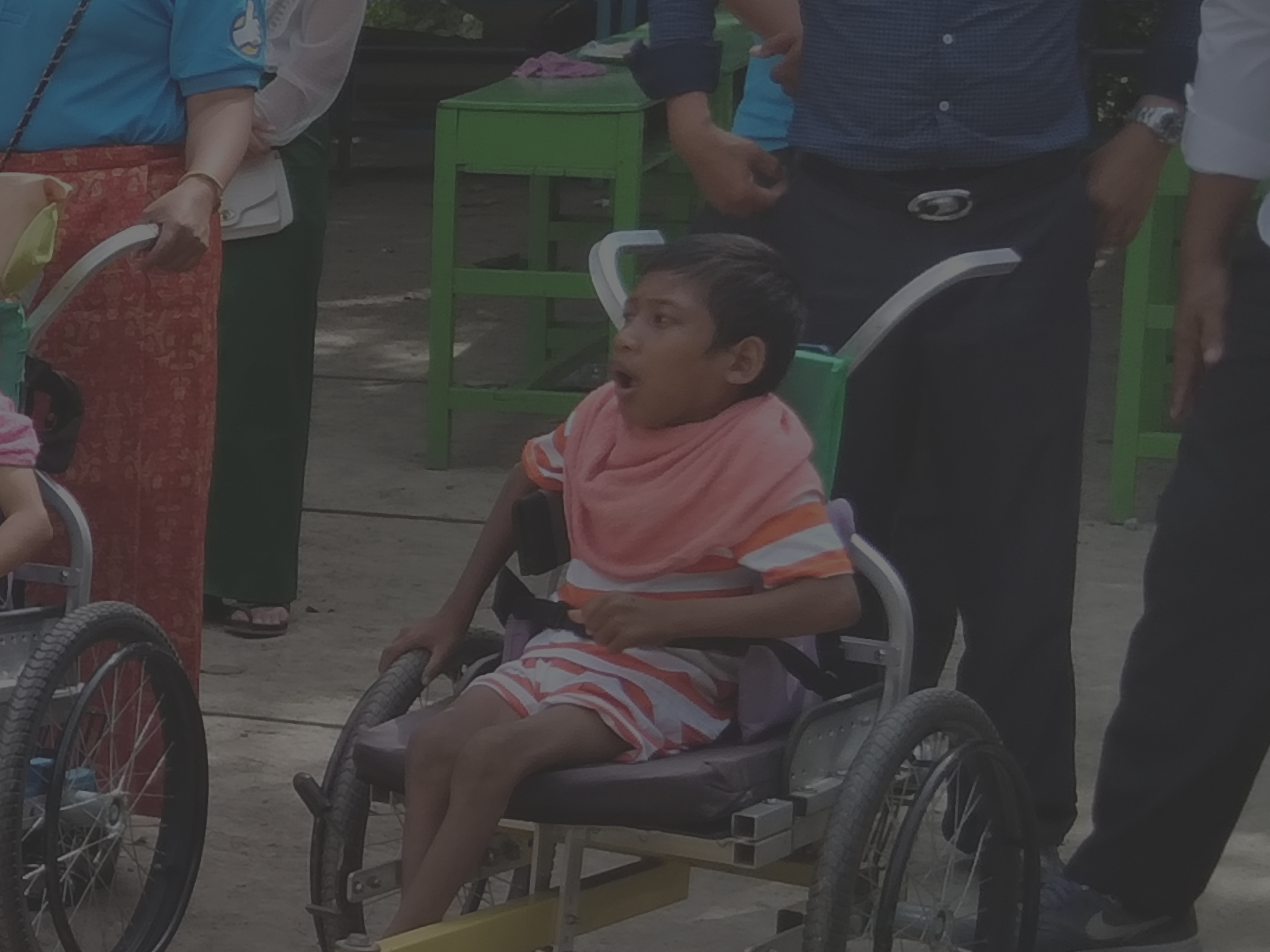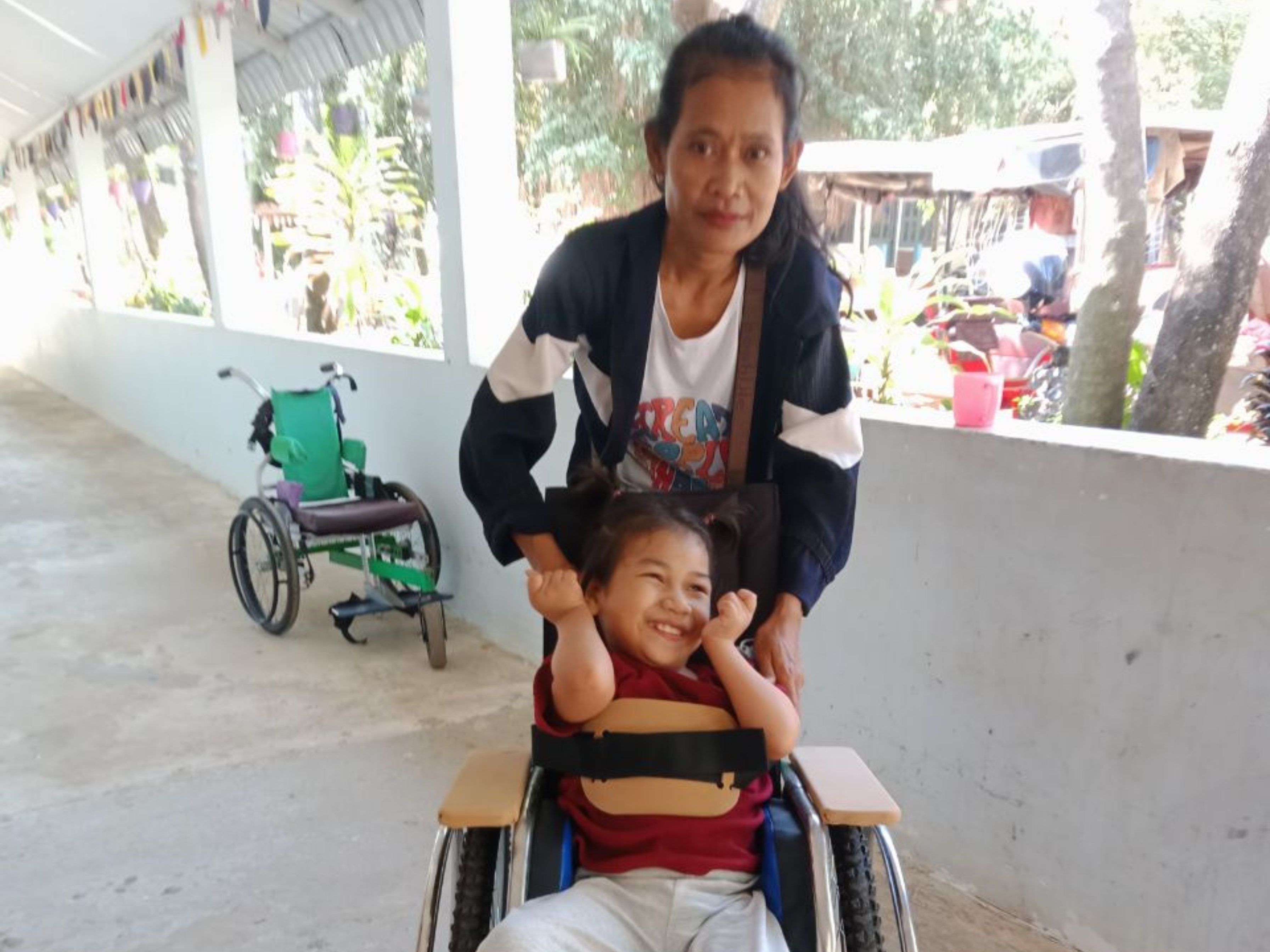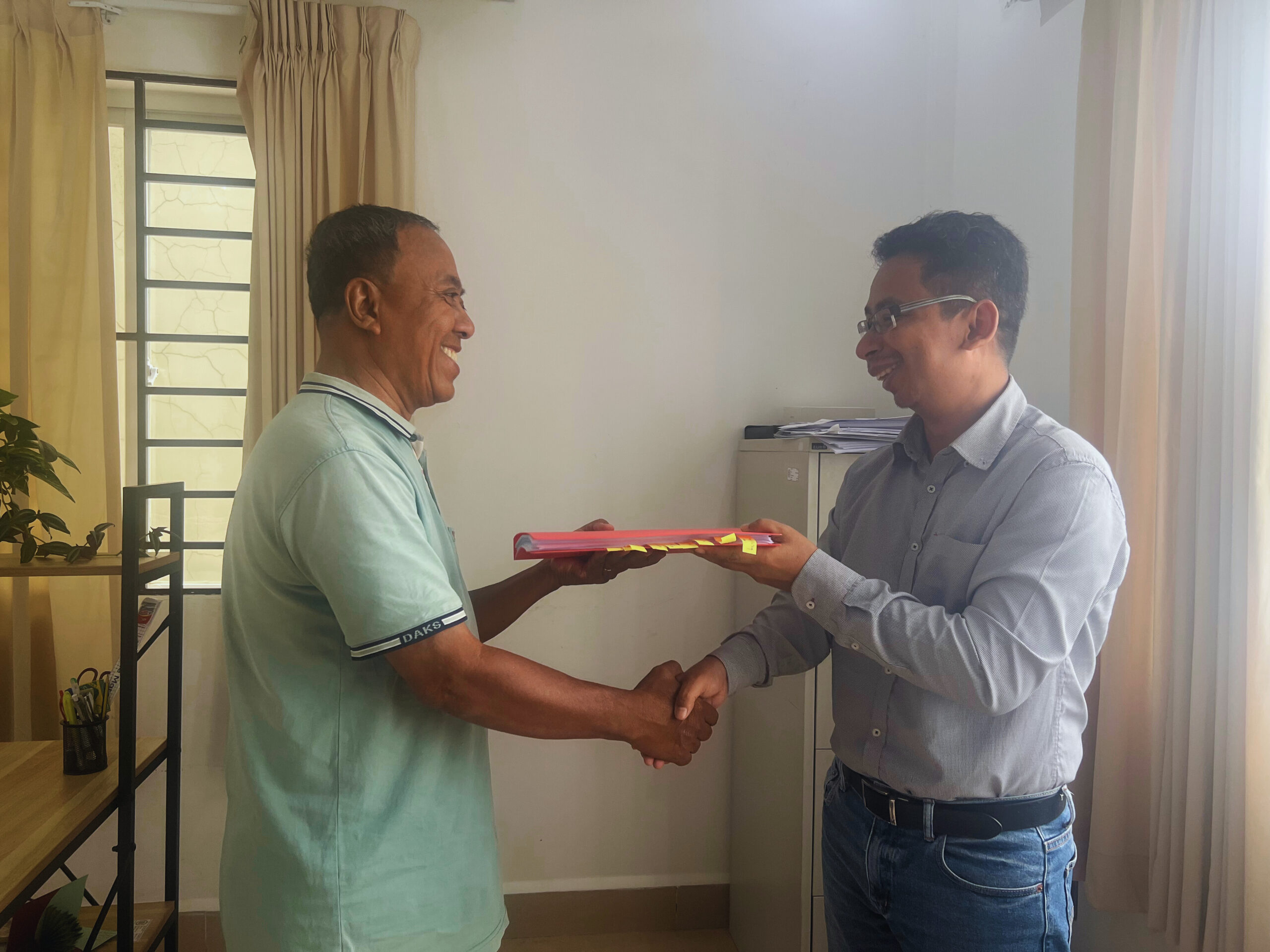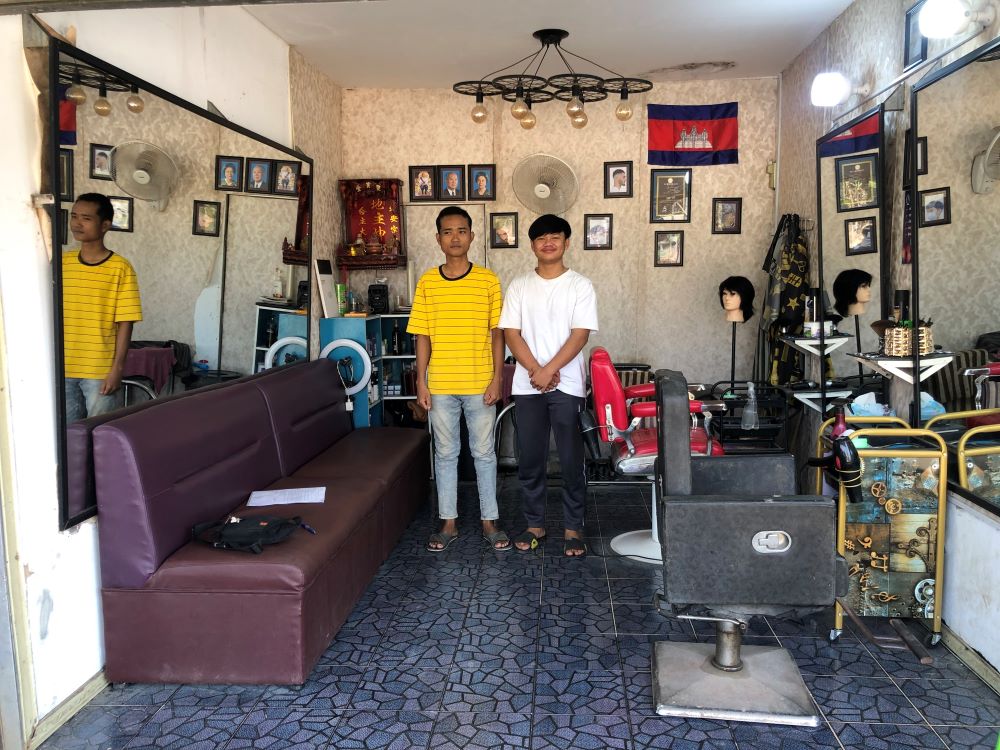On July 29, 2022, twenty-seven (27) participants were awarded certificates for completing the Training on Technical Care for Children with Disabilities to Care Workers of Children with Disabilities. The 6-module program was designed to provide capacity building and skills training for those working in the field of disability who had never received formal training. The training program aims to increase the professional development of those working with people with disabilities (PWD) and children with disabilities (CWD) and improve the quality of care they receive, as well as to increase understanding of disability nationwide.

The Technical Care Training Program (TCTP) was created through the collaborative efforts of Damnok Toek, Fondazione Don Gnocchi and Children in Families, with the support of the Swiss Agency for Development and Cooperation. In 2019, following the opening of the Damnok Toek Disability Centre in Neak Loeung, DT staff recognized the need for a comprehensive training program for educators who had never worked with PWD or CWD. Due to a nationwide need for this type of training, DT decided to reach out to other partners to develop a course that would be open to other participants, including government officials.
The six modules were designed to address shortcomings in the field of disability care specific to Cambodia. Modules included an introduction to disability, a 2-part assessment and planning intervention session, communication disorders and alternative means of communication, strategic planning to help PWD, treatment planning and social inclusion, and a concluding session.
A National Need
PWD remain one of the most vulnerable and marginalized groups in Cambodia. A lack of understanding about disability and underestimations of the capacity of PWD prevents PWD from reaching their potential and contributing to society. In Cambodia, this can have tragic consequences where children with disabilities never receive the appropriate care and in some cases are abandoned by their families who lack the knowledge of how to properly care for them. Adults with disabilities are often unaware of their rights, which results in a lack of job opportunities and the inability to access government benefits.
While there are numerous laws officially recognizing the rights of people with disability in Cambodia, the move toward social inclusion has been slow. It is estimated that only 4% of PWD in Cambodia receive any financial assistance despite there being a law entitling them to monthly pensions. However, government agencies have been making strides in recent years to implement and improve official policies to offer real-world solutions for PWD in Cambodia.

Sem Leakeana, the Deputy Chief of the Office of Women and Children with Disabilities, decided to attend the training session to improve her practical knowledge about disabilities. “Before this training, I did not have much experience working practically with PWD,” she said. “I have only really worked in the policy.”
The lack of practical knowledge among government officials working in disability has implications for the implementation of policies. For example, the Phnom Penh Center for Independent Living (PPCIL) states that one of the main obstacles to PWD achieving social inclusion is the lack of penalties people face for violating laws intended to protect PWD. According to Borgen Project, “employees of the government agencies meant to enforce certain regulations do not even know how to file a claim against violators”.
However, more and more, government officials are working to improve their knowledge and capacities to reduce the inequities PWD face in society. Sem says that government agencies such as hers have been making significant efforts in recent years to enforce the law, especially the provision of job opportunities in the private sector, by building the capacity of government staff through workshops like the TCTP.
Capacity Increases for Healthcare Professionals
Increasing the national capacity to enforce laws is only one part of the solution. More important is increasing the level of education and knowledge of healthcare professionals working with CWD and PWD. As the providers of care, these workers interact with PWD, CWD and their families on a regular basis. Many patients live in rural areas, are from low-income families, and have lower levels of education. Therefore care workers often travel into communities to provide assistance and support to their patients, many of whom have never received a proper diagnosis of their disability let alone recommendations for proper care.
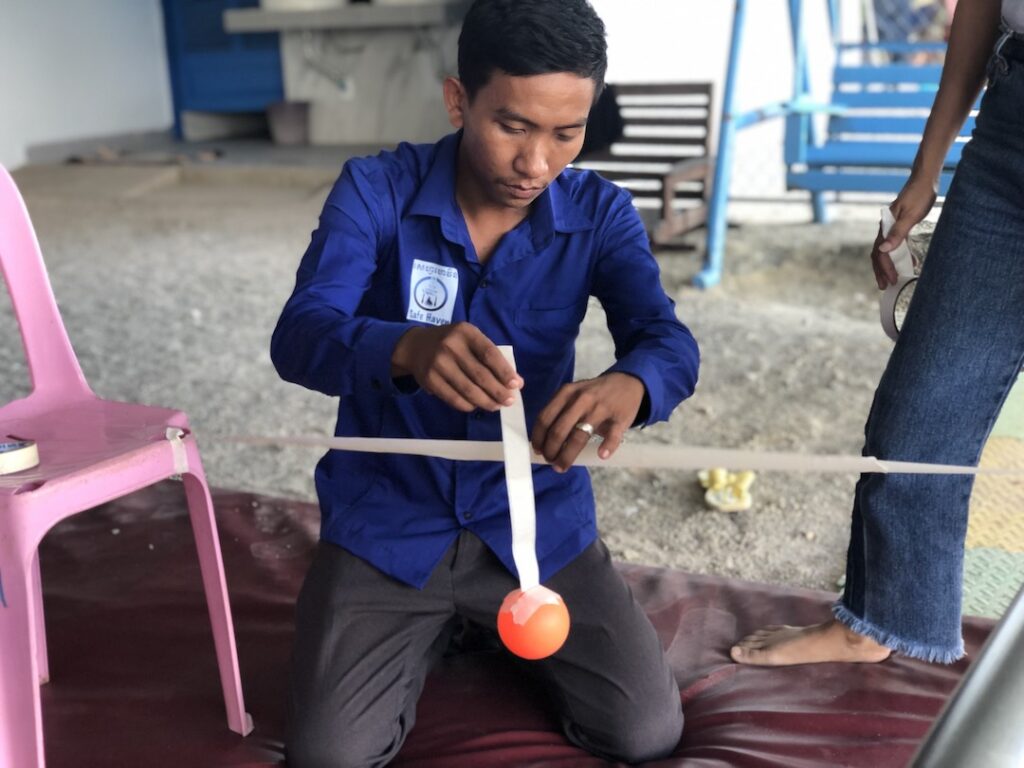
Meas Kosin, a 30-year-old physical therapist from Safe Haven, decided to join the TCTP to gain a deeper understanding about disability and the ways to provide appropriate care specific to different disabilities. Safe Haven is a Cambodian NGO that supports “children with disabilities and complex medical needs living in outlying areas of Siem Reap.” Kosin has been working for Safe Haven for three years and noted that a lack of knowledge among healthcare professionals working with PWD and CWD was negatively affecting the care they were able to provide. “As professionals,” he said, “this type of training is important because if we lack the knowledge on how to care for PWD, it is more difficult for us. But also, our lack of understanding makes it more difficult for the people we work with as well.”
Because of this, he said he found the module on Communication particularly effective. “Communicating with PWD is not always easy because it is not necessarily the same as how we communicate with people without a disability,” Kosin said. “Especially because PWD have varying levels of communication abilities, which require specific techniques. So, we cannot have a one for all method, which makes it more complicated.”
Meas’ work as a physical therapist requires him to travel to patients for diagnostics and care. His frequent interaction with CWD and their families has given him an intimate perspective of the obstacles CWD and PWD face in Cambodian society today.
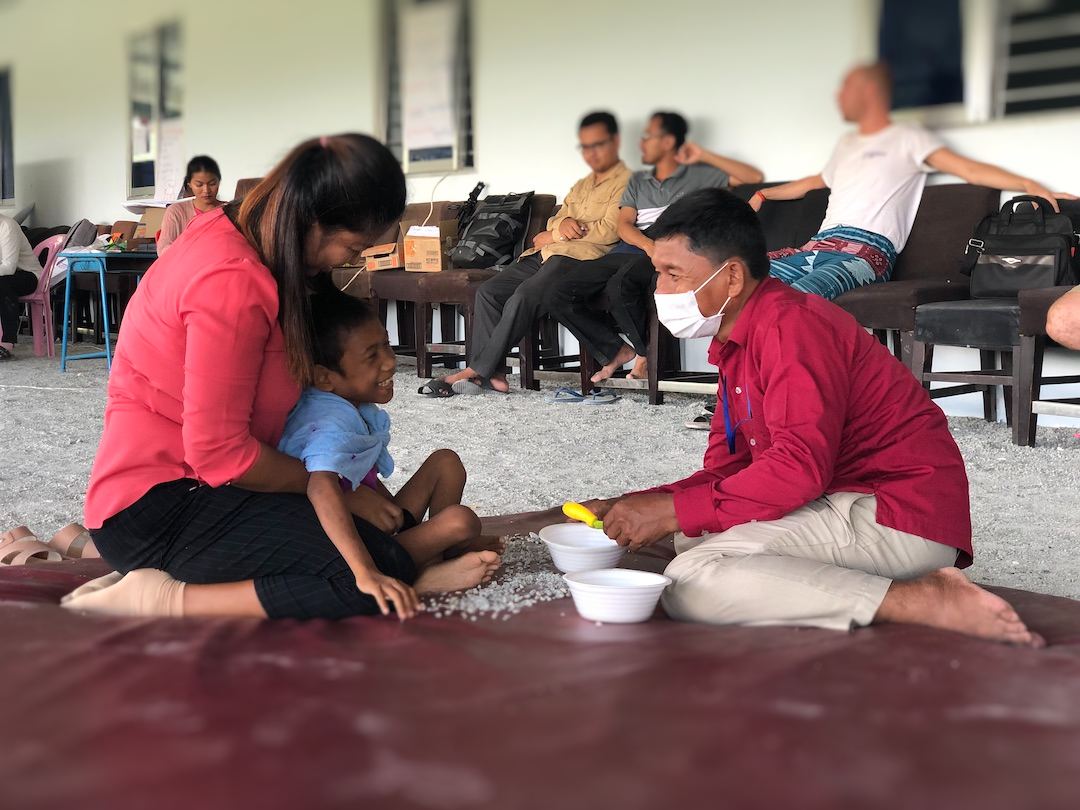
“According to what I see,” Meas says, “the challenges of PWD in Cambodia is that first, the family of PWD do not understand much about disability. So, they do not understand the needs [of PWD] because they do not have the knowledge and that creates more difficulties for PWD. Second, PWD do not have full rights to social inclusion because they do not have enough opportunities to participate in society. Last but not least, the community discriminates or they do not value PWD.”
Both Sem and Meas intend on sharing the knowledge they gained from the TCTP with their peers, colleagues, and community members. They also said they will participate in any other similar training that will help them further increase their capacities. Education is crucial to increasing the social inclusion of PWD. Training courses like the TCTP provide both the education and practical techniques for using the gained knowledge to foster societal change.
